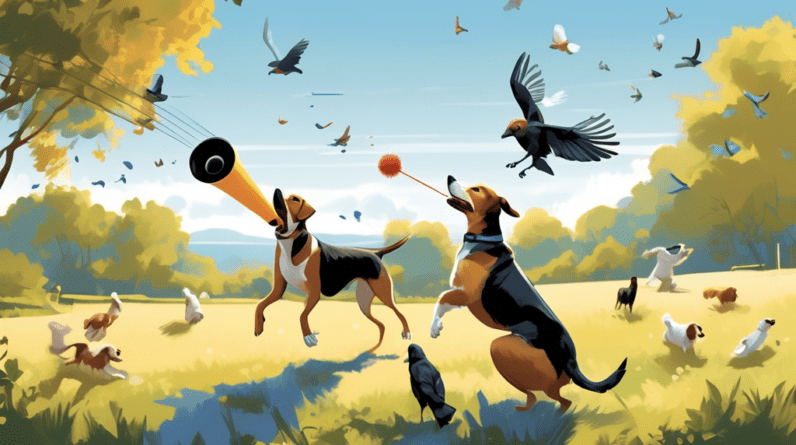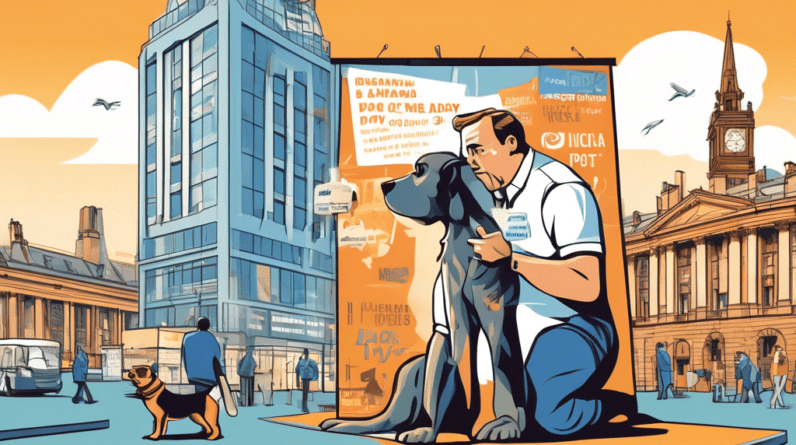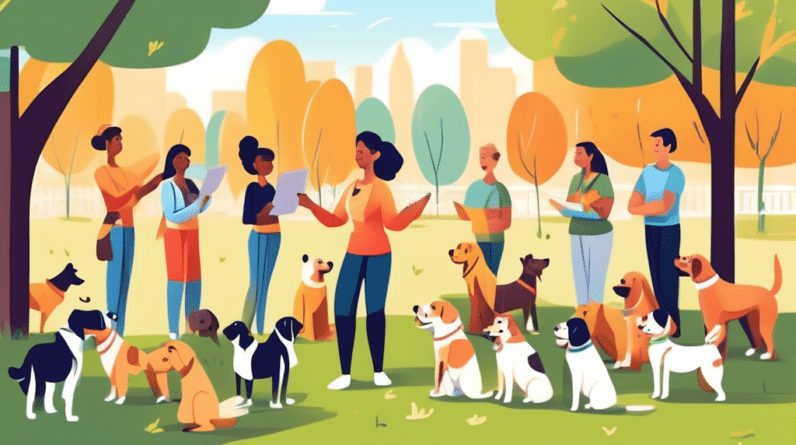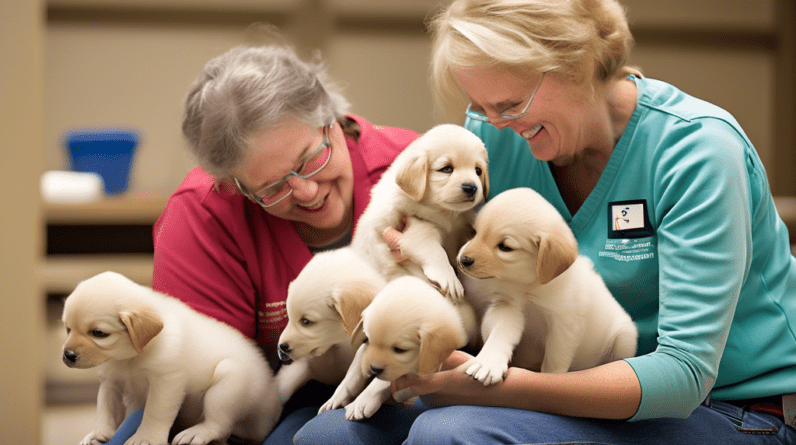
In the picturesque rolling hills of the Cotswolds, a unique community of dog owners is emerging. Neurodivergent individuals, facing a range of challenges from autism to ADHD, are discovering the profound benefits of training their own assistance animals. This movement goes beyond traditional service dog training, fostering a deep connection between handler and canine companion while navigating the complexities of neurodiversity.
Understanding the Unique Bond: Neurodiversity and Assistance Dogs
Neurodivergent individuals often experience the world differently, with sensory sensitivities, social anxieties, and difficulties with executive functioning being common. While traditional service dogs are trained for specific tasks related to physical disabilities, assistance animals for neurodivergent individuals provide a broader spectrum of support.
These incredible animals offer:
- Emotional Regulation: The presence of a well-trained dog can have a calming effect, reducing anxiety and mitigating meltdowns or shutdowns.
- Sensory Support: Dogs can be trained to provide deep pressure therapy, which can be incredibly grounding during sensory overload.
- Social Buffering: Dogs act as social bridges, making it easier for neurodivergent individuals to navigate social situations and reducing feelings of isolation.
- Executive Functioning Assistance: Dogs can be trained to assist with reminders, routines, and even interrupting repetitive behaviors.
The bond between a neurodivergent individual and their assistance animal goes beyond a simple handler-dog relationship. It’s a partnership built on trust, understanding, and mutual support.
The Cotswolds: A Haven for Neurodiversity and Dog Training
The Cotswolds, with its tranquil countryside and strong sense of community, has become a haven for neurodivergent individuals seeking a peaceful life. This region is also experiencing a surge in dog training schools and resources, making it an ideal location for those looking to train their own assistance animals.
Several factors contribute to the Cotswolds’ emergence as a hub for neurodiversity and dog training:
- Access to Nature: The abundance of green spaces and walking trails provides the perfect environment for training and enriching the lives of both handlers and dogs.
- Supportive Community: The Cotswolds fosters a strong sense of community, with local groups and organizations offering support and resources for neurodivergent individuals and dog owners.
- Experienced Trainers: The region boasts a wealth of experienced dog trainers who are sensitive to the unique needs of neurodivergent individuals and their canine partners.
The Empowerment of Training Your Own Assistance Animal
For many neurodivergent individuals, the journey of training their own assistance animal is as transformative as having the dog by their side. This process offers a sense of empowerment, control, and self-discovery that traditional service dog acquisition may not provide.
Here’s why self-training is so empowering:
- Customized Training: Handlers can tailor the training to their specific needs and challenges, ensuring the dog’s skills perfectly complement their lifestyle.
- Deeper Bond: The intensive training process fosters an incredibly strong bond between the handler and the dog, built on trust, communication, and mutual understanding.
- Increased Confidence: Successfully training an assistance animal instills a sense of accomplishment and boosts the handler’s confidence in managing their neurodiversity.
- Advocacy and Awareness: Neurodivergent individuals who train their own assistance animals become powerful advocates, raising awareness and challenging misconceptions surrounding both neurodiversity and assistance animals.
Challenges and Considerations
While incredibly rewarding, training an assistance animal is a significant undertaking, requiring time, dedication, and resources. Potential handlers need to consider several factors:
- Time Commitment: Training requires consistent effort over an extended period, often a year or more.
- Financial Resources: Training costs can be significant, including food, vet care, equipment, and professional guidance.
- Emotional Resilience: Training can be emotionally challenging, requiring patience, perseverance, and the ability to adapt to setbacks.
- Public Access Rights: While UK law grants assistance animals access to public spaces, handlers need to be prepared to advocate for their rights and educate others when necessary.
Resources and Support
Fortunately, numerous resources and support systems exist for those considering training their own assistance animals in the Cotswolds:
- Local Dog Training Schools: Many reputable dog training schools in the region offer specialized programs for assistance animal training, catering to neurodivergent individuals.
- Online Communities: Online forums and support groups provide a platform for handlers to connect, share experiences, and seek advice.
- Neurodiversity Organizations: Organizations dedicated to supporting neurodivergent individuals often offer resources and guidance on assistance animal training.
- Veterinary Professionals: Veterinarians specializing in behavioral health can provide valuable support throughout the training process and address any health concerns.
The Future of Neurodivergent Dog Owners in the Cotswolds
As awareness of neurodiversity grows, the movement of neurodivergent individuals training their own assistance animals in the Cotswolds is likely to flourish. This inspiring community challenges traditional notions of disability and highlights the profound impact that a well-trained canine companion can have on the lives of those navigating the world with a different perspective. By embracing self-training, neurodivergent individuals are not only finding invaluable support but also paving the way for greater understanding and acceptance of neurodiversity in society.






